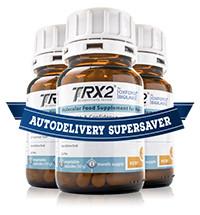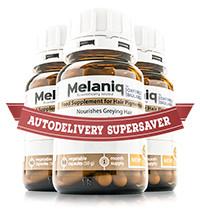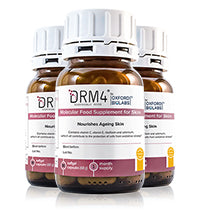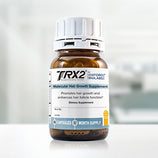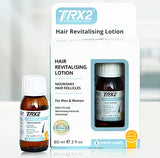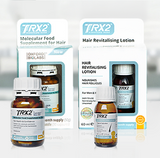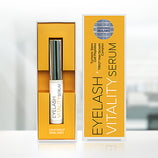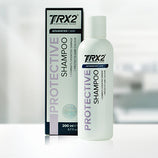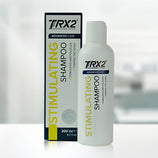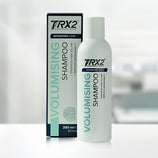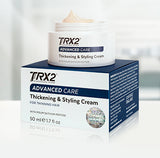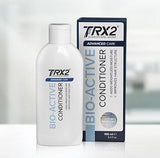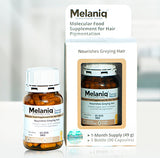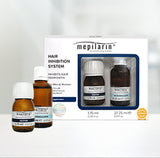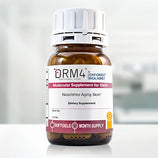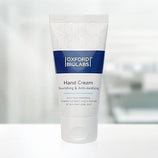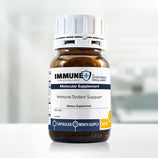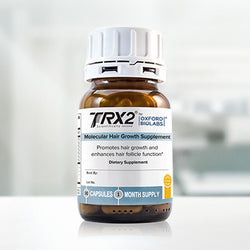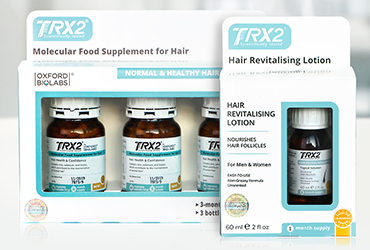The Facts About Skin Ageing and Natural Skin Care
Perfect skin only exists in digitally-altered magazines and movies. Or an artificial facade may be used in the form of expensive foundation creams and makeup as an illusion to mask blemishes and imperfections. During adolescence and middle age, most think they are invincible to ageing and subsequently do not take care of their skin and body to the fullest. Today, life extension science is bringing about a revolution in natural anti-ageing skin care which highlights prevention in early age as the best option rather than trying to reverse established wrinkles and age-related changes in skin.
The skin ageing process
Skin is the largest organ of the human body. It is the first barrier that separates internal organs from the outside environment, and when damaged or compromised, starts to become weak. In turn, this weakness kickstarts the process of ageing.
Ageing is a natural process that occurs in people of all walks of life. Nevertheless, there are way to make it worse. In fact, premature skin ageing is more and more prominent in modern societies because of stress, poor diet, and an obsession with tanning.
In the absence of pathogenic conditions, the appearance of the skin is mainly determined by ageing processes. These will lead eventually over the time to a dryer, rough and thinner skin, which has lost fat, is less elastic, sags, and has wrinkles and spots.
The ageing processes are either driven by internal or external factors. Whereas internal factors are controlled by our genes, external factors, like the environment or lifestyle choices can lead to premature ageing of the skin. One of the main external causes driving skin ageing is called photoageing. Photoageing occurs when ultraviolet (UV) radiation induces damage to the skin, leading to premature fine lines, wrinkles, and age spots.
What are the signs of skin ageing?
Starting from around the mid-twenties, skin experiences changes that lead to skin becoming:
- Less elastic
- More dry and rough
- Thinner
- More prone to injury
The above signs lead to characteristic creases in skin (wrinkles) and age spots (mainly caused by UV radiation).
What factors influence skin ageing?
At the surface of the body the skin is always at threat of losing moisture and becoming dry. A good supply of water is essential for healthy functioning skin, especially its top layer - the stratum corneum - which plays the main role in preventing water loss.
Two central components are responsible for the retention of water by the stratum corneum:
- The presence of natural agents within cells of the stratum corneum that attract water
- The double layer of lipids that form a brick-like wall against transepidermal water loss (TEWL). When TEWL increases are required for normal skin peeling, as a result skin becomes visibly dry and flaky
On the molecular level it is mostly oxidative stress, caused by so called reactive oxygen species (ROS), that drives skin ageing. The concentrations of ROS in the skin are elevated by, for example, UV radiation or air pollutants. Besides adopting one’s habits to be more “skin-friendly”, using skin care products that help skin cope with ROS is very beneficial.
The main external factors that can speed up skin ageing include:
- UV radiation - Whether from sunlight or artificial sunbeds, has a profound negative effect on skin and promote premature skin ageing. Sunscreens are an important defence line for the skin from UV radiation (UVA and UVB). A 2016 study on DNA damage caused by UV radiation found that UV radiation depletes skin stem cell production.
- Pollution - Pollutants from factories, major industrial centres/cities, and others harm the body by either inducing oxidative stress or directly causing toxic damage to the body. A review of scientific literature on skin ageing and pollution found links between wrinkles, skin spots and other signs of skin ageing and air pollution.
- Smoking - Being an active smoker or breathing in passive smoke is a path to poor health. Apart from the obvious negative effects on the heart and lungs, tobacco smoke causes free radical damage. It drys the skin out, making it more vulnerable to the environment and smoking has been shown to accelerate the process of skin ageing.
- Poor nutrition - A diet that is lacking in quality nutrients is a recipe for skin disaster. The skin depends on a constant and consistent supply of vitamins and minerals, especially those with anti-oxidant effects like Vitamin E and C. A proper, varied diet and a good night’s sleep are paramount for skin health.
- Inadequate skin care - Exposure to harmful environmental factors is unavoidable, so skin needs all the help it can get. Not wearing sunscreen on a scorching summer day, or forgoing wearing a hat is a big no-no for the health of skin. Optimal skin moisture levels can be kept up using moisturising creams and hair care products.

How skin ageing can be prevented
Life extension science is on the verge of major breakthroughs in several sectors including skin ageing. There are currently ongoing clinical trials with drugs that are poised to be the first FDA-approved anti-ageing solutions. Preliminary results indicate that these drugs could improve heart health, brain function, and other age-related conditions.
The most well-known and most-used anti skin-ageing ingredients are naturally-based. Their use in cosmetics is backed by scientific studies and they all have been shown to be effective in delaying and even reversing signs of ageing.
Hyaluronic acid
Hyaluronic acid is a vital component that is found in different tissues of the human body. In skin, it’s involved in wound healing and tissue repair as well as reducing inflammation. Specifically, hyaluronic acid has been shown to accumulate in great quantities after sunburns (UV exposure). It is used in anti-wrinkle creams and other cosmetic applications as an anti-ageing nutrient and along with collagen and elastin, is used in microinjections as a dermal filler agent.
Collagen
Collagen is the most abundant protein in mammals. It is found in large concentrations in tendons, ligaments, and skin. In medicine, collagen is used in many applications such as:
- Cosmetic surgery
- Bone grafts
- Tissue regeneration
- Reconstructive surgery
- Wound care
In skin, collagen is synthesised constantly in the presence of Vitamin C and other vitamins and minerals. The capacity to make new collagen has been found to be dependent on age (in healthy patients) and UV damage (in photoaged patients). A drinkable solution of collagen with other nutrients including Vitamin C and E demonstrated improved skin properties in patients
Vitamin E
Also known as α-tocopherol, it is the predominant antioxidant in the outermost layer of the skin, and is one of the first to be lines of defence to be exhausted in response to environmental stressors. Vitamin E may prevent signs of skin ageing, as the addition of vitamin E can restore the synthesis of collagen by fibroblasts (special cells that synthesise collagen and play a crucial role in wound healing). It makes the skin smoother, improves the moisture levels in the outer layers of the skin, and protects from sun damage.
Omega 3 fatty acids
All cells, including skin cells, have a double layer of lipids (fats). Omega-3 fatty acids have been shown to exert positive effects on the skin. This is due to the anti-inflammatory effects these molecules have, mainly via their influence on important cellular signaling processes and their photoprotective action, which provides some protection against UV-induced tissue damage.
Vitamin C
Another important ingredient for the skin, which possesses anti-oxidant activity is vitamin C (ascorbic acid). Praised for its active role in collagen synthesis, vitamin C in combination with Vitamin E is effective in preventing free radical-induced cellular damage. Vitamin C reduces photodamage, aids wound healing, and has photoprotective qualities.
Conclusion
Ageing is natural. The question is, what can one do to make sure this happens as naturally as possible? Getting the optimal nutrition, sleep, and water intake take first place. To support the skin in its efforts to repeal the harmful environmental factors and stressors that surround us, taking an effective supplement that combines several anti-ageing ingredients is the best choice. The body knows how to heal itself, so all that’s left to do is provide it with the fuel and supportive materials it needs.
